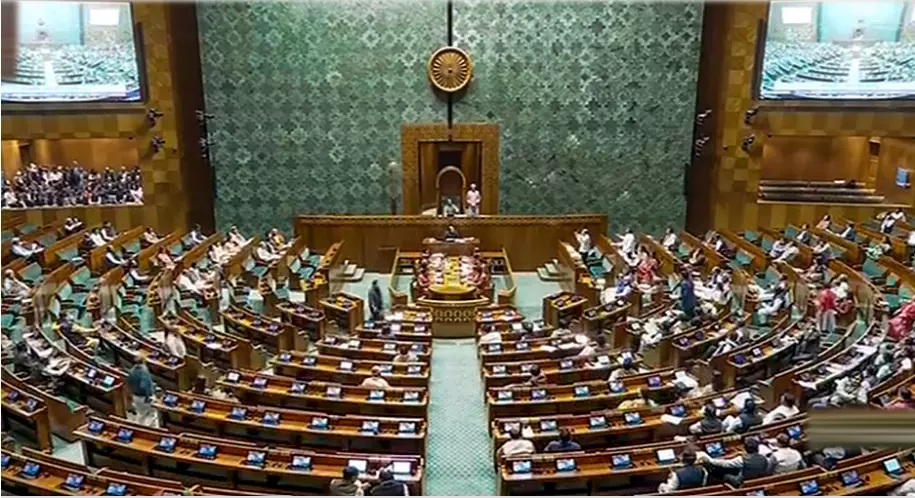History, Importance & significance of the first session of a new Lok Sabha

Image Courtesy : DC
Formation of Government: The newly elected members take oath, officially starting their parliamentary journey. The party (or alliance) with a majority forms the government, with its leader becoming the Prime Minister.
Speaker Election: A crucial step is electing the Speaker, who presides over Lok Sabha sessions, ensuring smooth functioning and upholding decorum. The Speaker is traditionally impartial and acts as a bridge between the government and opposition.
President's Address: The President addresses a joint session of Parliament, outlining the government's vision, key policies, and legislative priorities for the term.
Fresh Mandate: It reflects the will of the people as expressed through elections. The agenda and priorities shift based on the new government and its composition.
Public Scrutiny: The session provides a platform for public scrutiny. Opposition parties analyze government policies and hold them accountable.
Setting the Pace: The first session establishes the working style of the Lok Sabha for the term. It determines the frequency of sessions, committee formations, and the focus on legislative business.
In essence, the first session of a new Lok Sabha marks a fresh start for Indian democracy. It signifies the transition of power, sets the agenda for governance, and establishes the framework for a vibrant and accountable Parliament.
( Source : Deccan Chronicle )
Next Story

